So you're missing alcohol, eh? I want to make it clear from the start that it is impossible to find an alcohol without histamines and sulfites at all, but there are certainly lower histamine and lower sulfite options.
I'm here to help you identify them, so you don't suffer through the same burping fits and stomachaches I have. But there's a very compelling reason why many people drink alcohol, and you shouldn't be left out of it: being social.
Medical Disclaimer: as with everything on this site, this article is provided for information only. I strongly urge you to speak with your doctor or a licensed medical professional in order to assess whether or not you have histamine issues, and/or which foods cause a histamine release for you personally. Every body is different, and some people will tolerate different foods than you do. Please keep comments respectful.
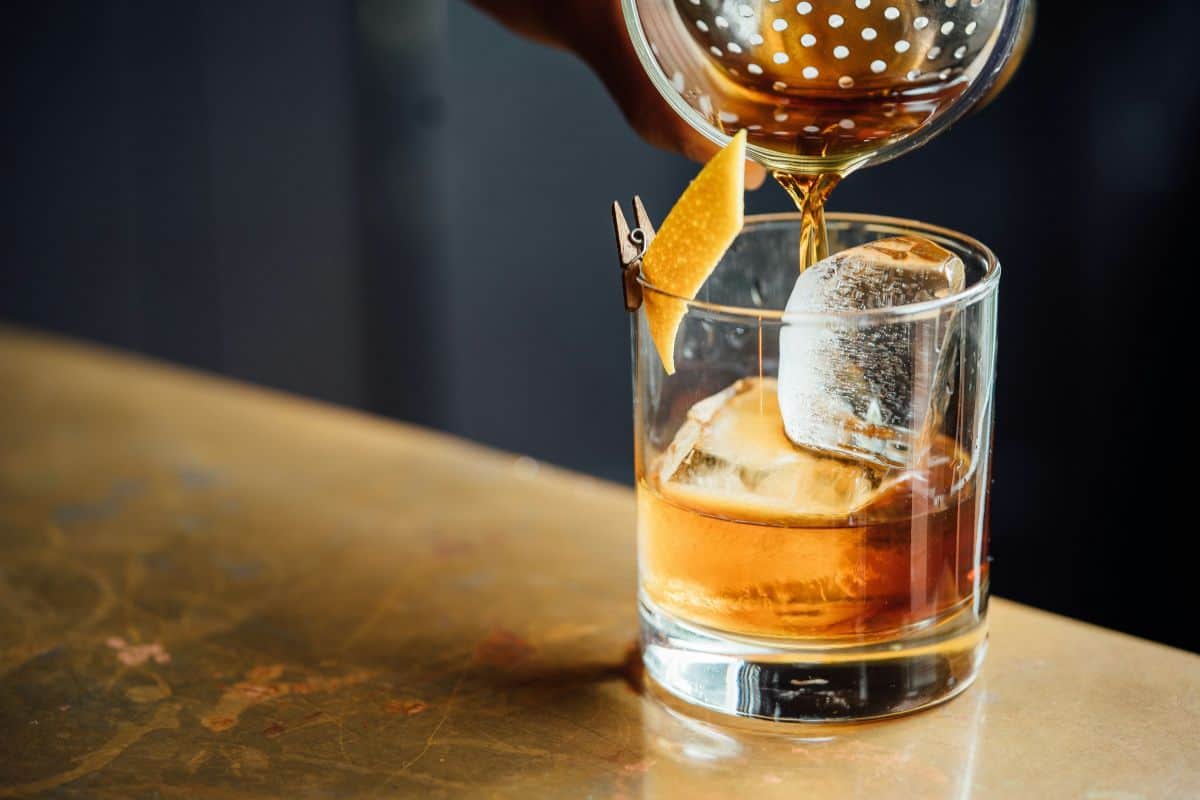
Most people are just trying to find a low histamine drink that's not a low histamine tea, for social settings when they don't don't want to have juice or seltzer for the seventeenth weekend in a row. I don't want you feeling left out any more than necessary.
So whether you're looking to indulge in your favorite drink for the first time in awhile, or just figure out what's safe to order at the bar, below is an overview of low histamine alcohol options. In this article I address each spirit individually, starting with wine and beer, two common drinks people enjoy, and then moving on to liquors.
Just keep in mind that alcohol is actually a poison, and your body actively tries to break it down, but we can consume poisons— for example oxalates— in moderation, without long-term consequences.
Remember to never mix alcohol with any other substances, especially "downers" or depressants, which impact the nervous system much like alcohol does.
Medical Disclaimer: I'm not a doctor, and before you consume any alcohol, be sure to talk to your doctor about whether it is safe to take alongside any other medications you're currently taking.

Jump to:
❓ Why Is There Histamine in Food & Drink?
Let's begin here: why is there histamine in alcohol (and basically everything else)?
Histamine is a type of substance known as an amine (uh-MEEN), or more specifically, a biogenic amine. Various types of amines play vital roles in maintaining life as we all know it, as the group of substances known as amines is incredibly broad— hence why they were further divided by function.
The most important amines for you to know about in the context of histamine intolerance are amino acids. You've probably heard of amino acids, often called the "building blocks of protein," as they're used by our bodies to regenerate muscle, among other things.
They're present in basically every living organism, though there are just 9 essential amino acids your body cannot function without, one of which is known as histidine. Through a process known as decarboxylation, histidine is transformed into histamine using enzymes which your body produces.
So any substance which contains the amino acid histidine has a chance of eventually containing histamine. This means that alcohols, like almost all foods on the planet, will inevitably contain some amount of histamine.
But in alcohol this is particularly troublesome, because the enzymes needed to fully break down histamine are also needed to break down alcohol.
Beyond that, alcohol appears to both provoke the release of histamine and inhibit the function of diamine oxidase (DAO), one of the two enzymes which clear histamine from the gut. This three-fold assault causes the buildup of histamine, resulting in allergy symptoms and various other inflammatory reactions.
Sometimes it even enhances alcohol's psychoactive effects by impairing the breakdown of alcohol into more processable chemicals. Common symptoms of histamine toxicity include migraines, nasal congestion, fatigue, hives, and digestive issues.
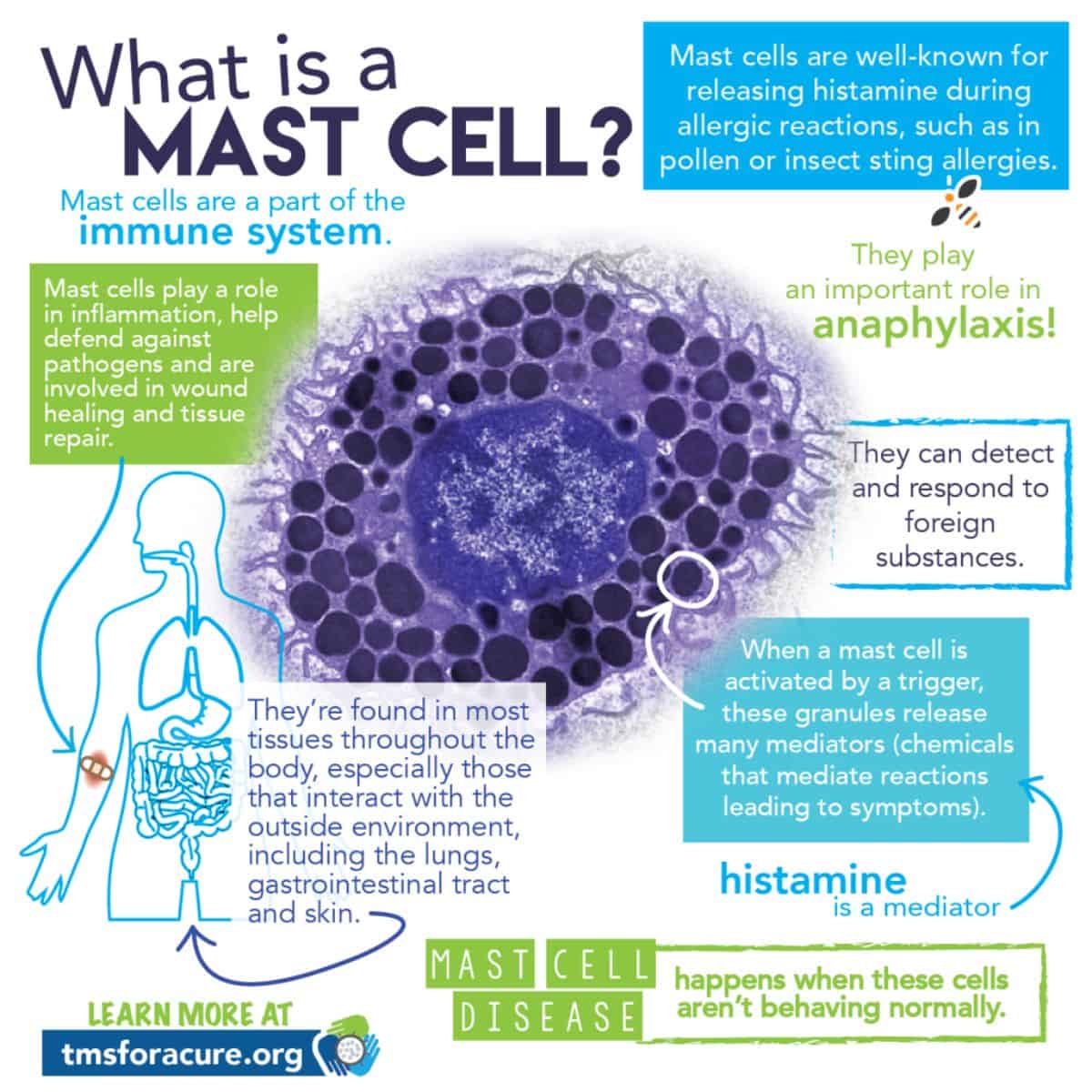
🍺 How Alcohol Affects Us
The impact of alcohol upon the brain and the body is intricately intertwined, as the two are really one. But for our purposes, I want to address this so that you can understand why we love— and even crave—alcohol, and how to recreate that experience with or without actually consuming it.
First of all, alcohol, also known as ethyl alcohol or ethanol, is an intoxicating substance produced by the fermentation of yeast, sugars, and starches. This means that not only is alcohol essentially a sugar, which is inherently inflammatory, but it also contains varying levels of histamine.
This histamine develops because alcohol production involves fermentation, and that histamine is itself also inflammatory. Due to its inflammatory nature, alcohol is one of the worst things you can consume while on a low histamine diet, and I highly recommend against it.
Additionally, if your histamine intolerance is due to DAO deficiency, consuming alcohol may cause an extra-long flare-up, which taking DAO supplements may or may not help. That said, let's look at our bodies under the influence of alcohol.
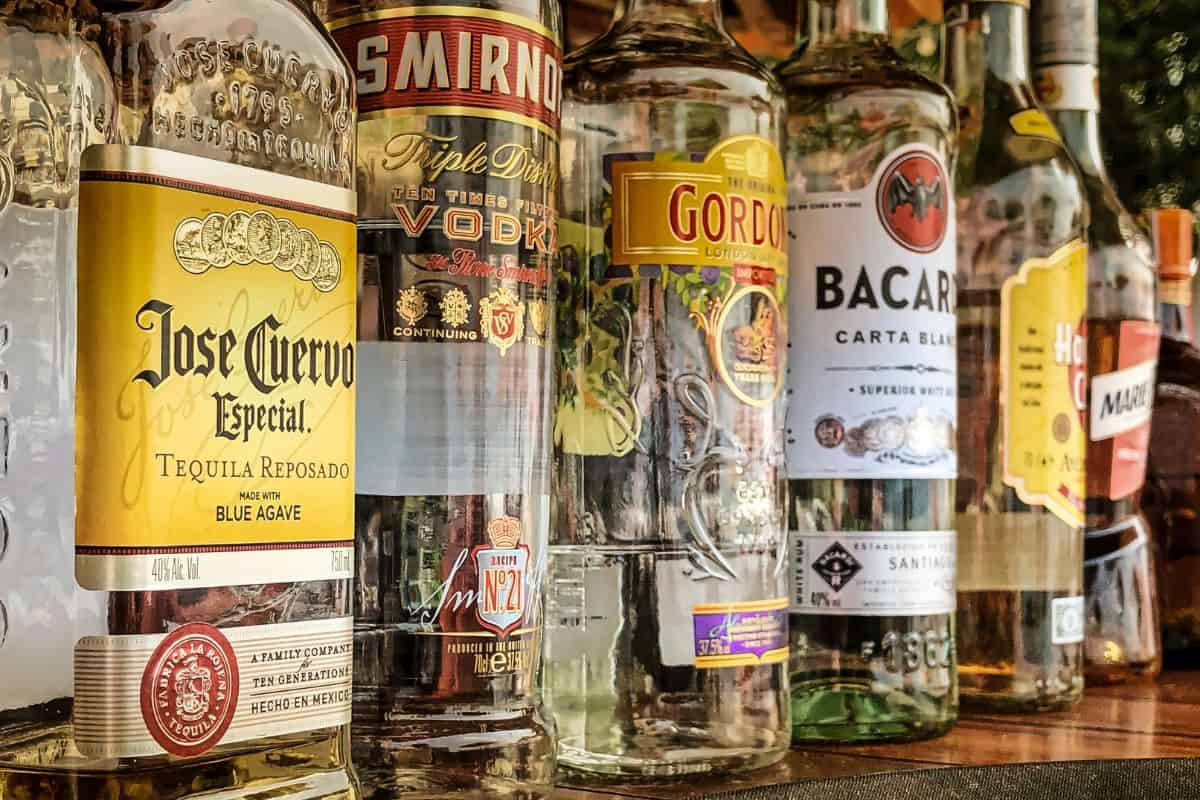
🍾 Impact of Alcohol on The Brain & Body
Alcohol begins affecting the brain about 10 minutes after consumption starts. But if you begin drinking more concentrated forms of alcohol, like shots of liquor, the impact will be more marked. Within about 20 minutes, your liver begins breaking down alcohol, at an average rate of one standard ounce per hour.
This bodily process also requires more water, which is why people pee more often and usually become dehydrated when they drink, leading to a hangover. Once your liver can no longer metabolize as much alcohol as is being consumed, you'll begin to feel the effects of intoxication.
Your BAC (Blood Alcohol Concentration) estimates the amount of alcohol present in your bloodstream, expressed as the percentage of your blood which is made up of ethanol (alcohol). Known to be a nervous system depressant, alcohol distorts judgement, lowers inhibitions, and lessens your capacity to make rational decisions.
It does this by binding to receptors for the inhibitory neurotransmitter GABA, enhancing its sedating effects, and blocking receptors for the excitatory neurotransmitter Glutamate, which accounts for its effects upon memory and cognition.
But most of all, alcohol consumption stimulates the release of the pleasurable neurotransmitter dopamine. This is a chemical integral to our ability to focus and be interested in things, and reinforces certain behaviors (like drinking alcohol).
Because of these three effects upon the brain, many people really miss alcohol when they can't have it. For some people, it's even solely about being able to have a drink in their hands at a party or trying to recreate a favorite beverage without the alcohol content.
So if you're still looking to consume relatively low histamine alcohols, read on to learn more about how to prevent and deal with the potential aftereffects of a (histamine) hangover.

🍷 Wine & Histamine
The question of wine and histamine seems to be one of the most common within the realm of drinking while histamine-intolerant. This is likely because wine is one of the most histamine-rich alcohols on the market, and is available in most every country in the world, unlike many other spirits.
White wine is pretty consistently a low histamine wine at 3-120 micrograms per glass, while red wine has remarkably more histamine on average, at roughly 60-3800 micrograms per glass. Wine comes about its histamine levels honestly, too.
When most wines are being made they undergo a process known as malolactic fermentation, which can directly affect histamine levels. This process begins when lactic acid-producing bacteria— some strains of which also produce histamine— consume the malic acid which naturally occurs in grapes, transforming the wine's flavor from tart to smooth & creamy.
The lactic acid-making bacteria can produce loads of histamines in wine, especially if there’s a decrease in nutritional conditions, according to the Journal of Applied Bacteriology.
But all red wines and only some white wines are made with the help of malolactic fermentation, so that doesn't account for all the histamine in wine or the bad reactions to it. The other culprits here tend to be sulfites and the alcohol content itself.
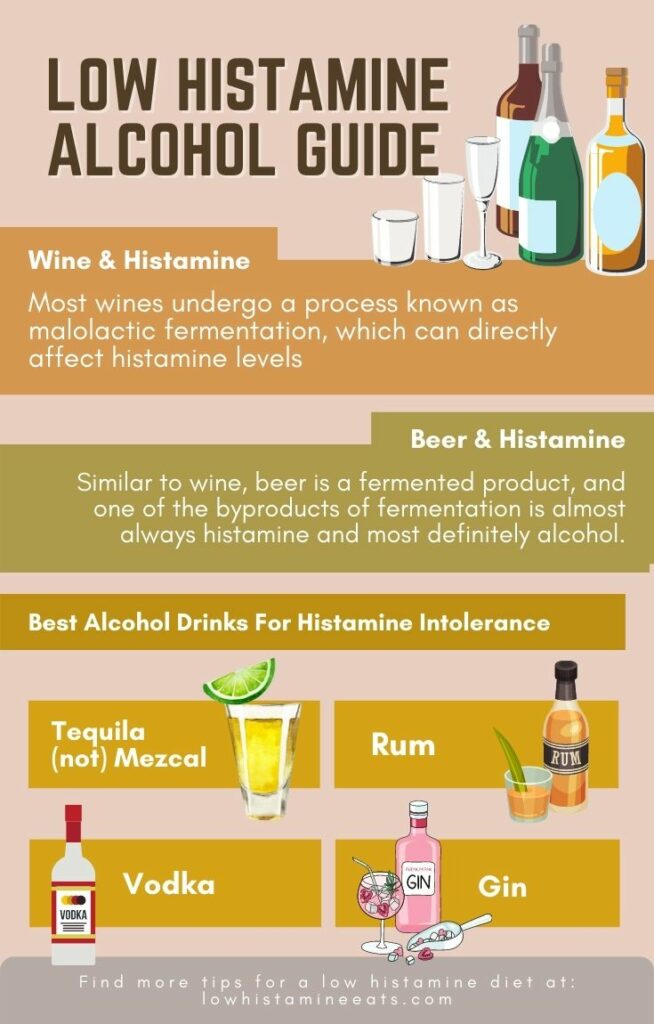
Sulfite is a preservative put in wine to prevent discoloration. White wine generally has a lot of sulfites, which are the most common chemicals that cause allergic-like reactions, which affects roughly ten percent of the population— and asthmatics have a higher chance of being affected. I
f you have sulfite sensitivity, the common symptoms that you may get include flushing, increased heartbeat, hives, dizziness, fainting, difficulty swallowing, and abdominal aches. Can your sulfur issues be caused by histamine? Yes, because histamine is released from your cells during an allergic reaction.
For example, if you have sulfite sensitivity and you eat foods with preservatives (sulfites), then you may have an allergic reaction that causes your mast cells to release histamine. If you have an issue with both sulfate and histamine, stick to natural white wines.
But if you're only histamine intolerant, then drinking histamine free wine (via a wine wand) may be a better option. Some of the benefits of natural wine include:
- No artificial additives (metals, chemicals, added sugars, etc.)
- No sugar or very low sugar (has less than 1g/l of sugar)
- Low alcohol (has less than 12.5% abv)
- Low in sulfites (has levels below 75ppm)
Fermentation has been used for millennia to break down foods to make them easier to digest or more bio-symbiotic with our guts. But as delicious and often good for you as fermentation can make foods, it can also change the chemical makeup in a way that makes it plain toxic.
Be very careful with mixing alcohol and histamine intolerance.
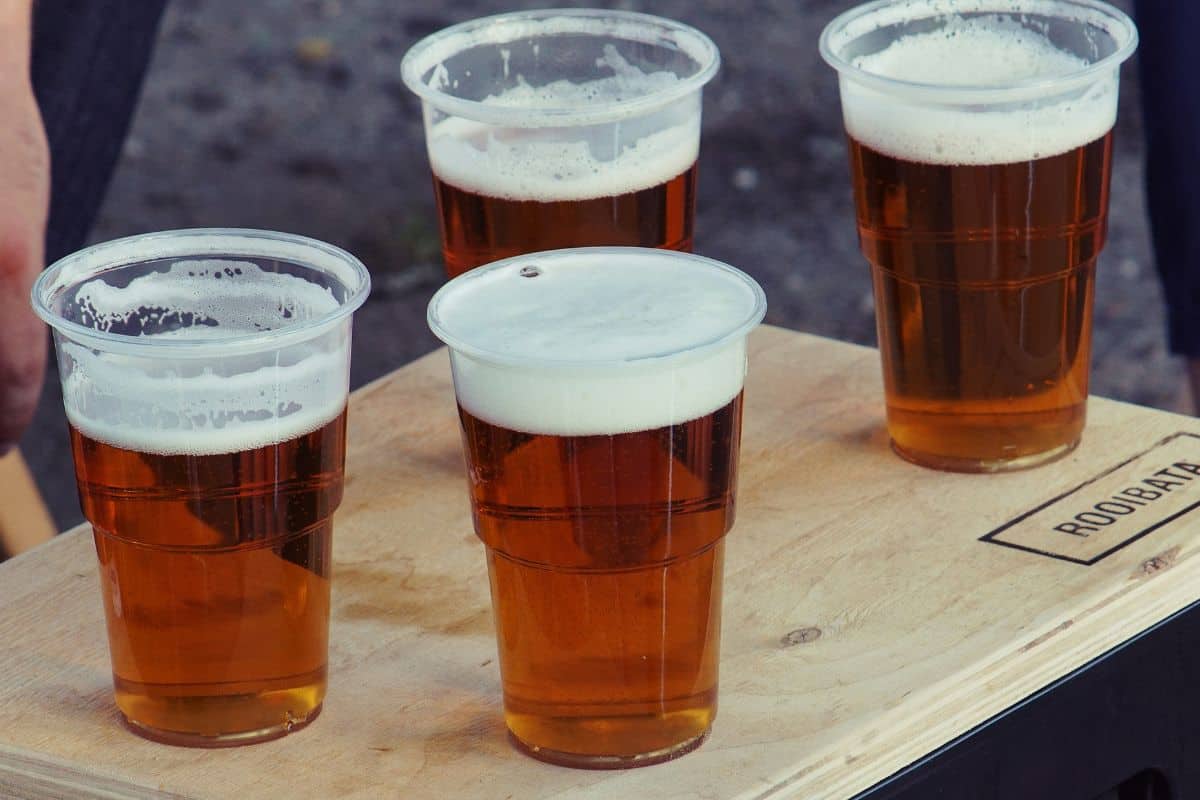
🍻 Beer & Histamine
Similar to wine, beer is a fermented product, and one of the byproducts of fermentation is almost always histamine and most definitely alcohol. Both of these products are cleared from your system using the same enzymes.
So often if your histamine bucket is already full this will result in both triggered symptoms and make them last even longer. It is not recommended to drink beer while consuming a low histamine diet. But if you must, go for light beers or at worst, a lager.
🥂 Best Alcohol Drinks For Histamine Intolerance
I really wouldn't recommend it, but if you're going to go on a quest for low histamine liquors, you should be aware of your best options.
In general, plain vodka, gin, tequila, or white rum are your best options to use in low histamine cocktails. The principles to follow are: lower alcohol percentage, unaged, and unflavored alcohols.
Tequila (not) Mezcal
If presented with either tequila or mezcal, always opt for a white tequila. This is because tequila is made & bottled quickly, in temperature-controlled climates, while mezcal is produced from agave smoked for days. Tequila pairs well with simple flavors, like mango juice, dragon fruit, kiwi, or pear.
Rum
Generally like other clear liquors, a white rum is among your best options for drinking with histamine intolerance. If you're not sure whether the bottle in your hand was aged, be sure to ask a clerk for help, as some aged rums don't gain much color (for example, Havana Club).
Coconut water, or sugar-free passion fruit syrup would make excellent low histamine cocktail mixers.
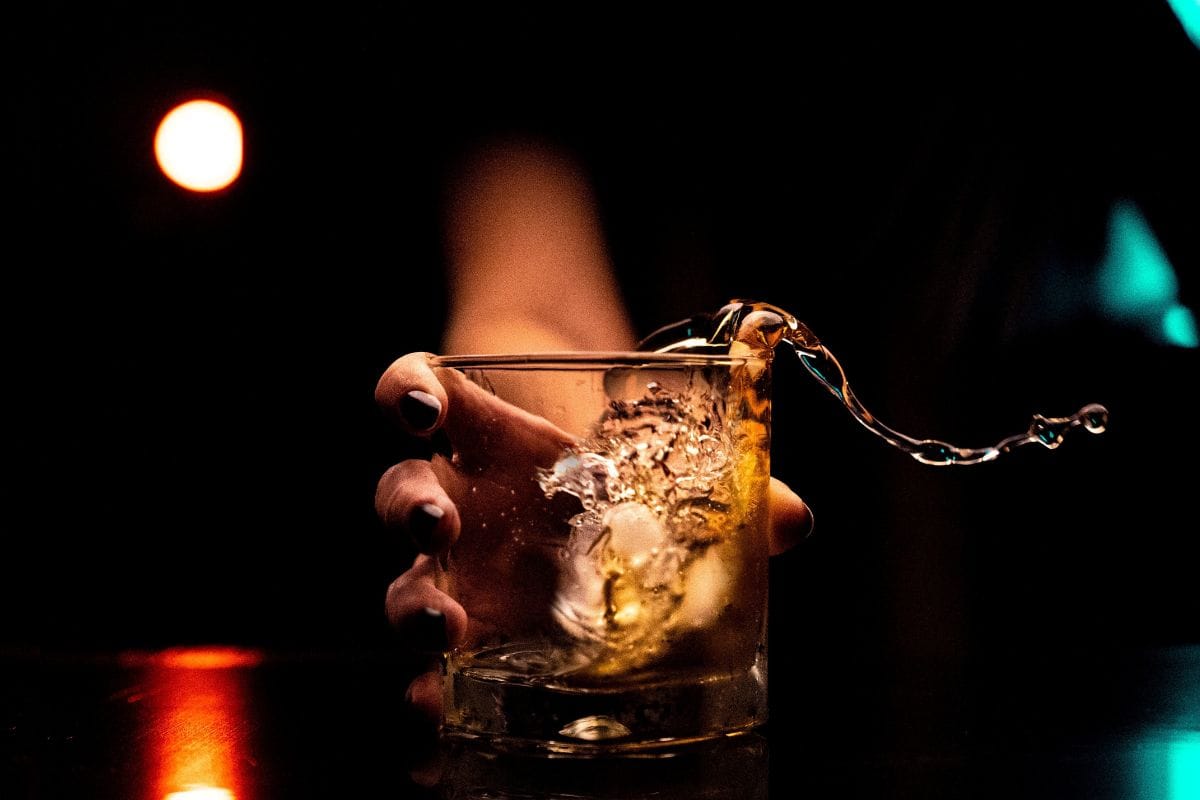
Vodka
This is the only liquor that can be made from a variety of base materials, from potatoes to wheat to corn. If you opt for vodka, look for top-shelf brands which use potato or sweet potato as the matter from which they're fermented. Vodka pairs well with most anything, but consider muddled mint leaves & blackberries, or simply peach juice.
Gin
Gin is a juniper-scented liquor that can also be made from all different types of base materials, though usually it's wheat or barley. To make sure you're purchasing a gin legitimately infused with juniper berries, if you're in Europe or North America, make sure to buy one labelled "distilled gin" rather than simply "gin."
This is because the legal standards in each region are different for the two terms. Gin goes well with seltzer water to display the inherent herbal flavors, or with apple juice and a twist of lemon.
No to Whiskey (& Bourbon)
I highly recommend avoiding whiskeys of all types— including bourbons— as you'll recall that all whiskeys have a shade of brown to them; this is a result of the ageing process. Because all whisky is aged, it's even more triggering of histamine release than other liquors.

🍸 Tips for Low Histamine Alcohol Consumption
The best alcoholic drink for histamine intolerance is one that doesn't raise your histamine levels above what your histamine bucket can hold. That generally means using a low histamine alcohol (see above) plus a seltzer water or tolerated juice.
I know that's not the most fun answer, but there are ways to add fun to your drink without upping the alcohol content.
- consider using a sulfate- & histamine-lowering device on your wine before you drink it
- think bitter & sour rather than sweet, as sugar is inflammatory and will worsen any reaction you may have
- add a fun umbrella or a salt rim to liven up your drinking experience
- order drinks with plain, unaged liquors, and use just one mixer (think low histamine fruit juices, but continue to avoid citrus)
- try to order beverages in a can rather than from the tap, as taps can build up bacteria that itself builds up extra histamine that comes out in draft beers & cocktails
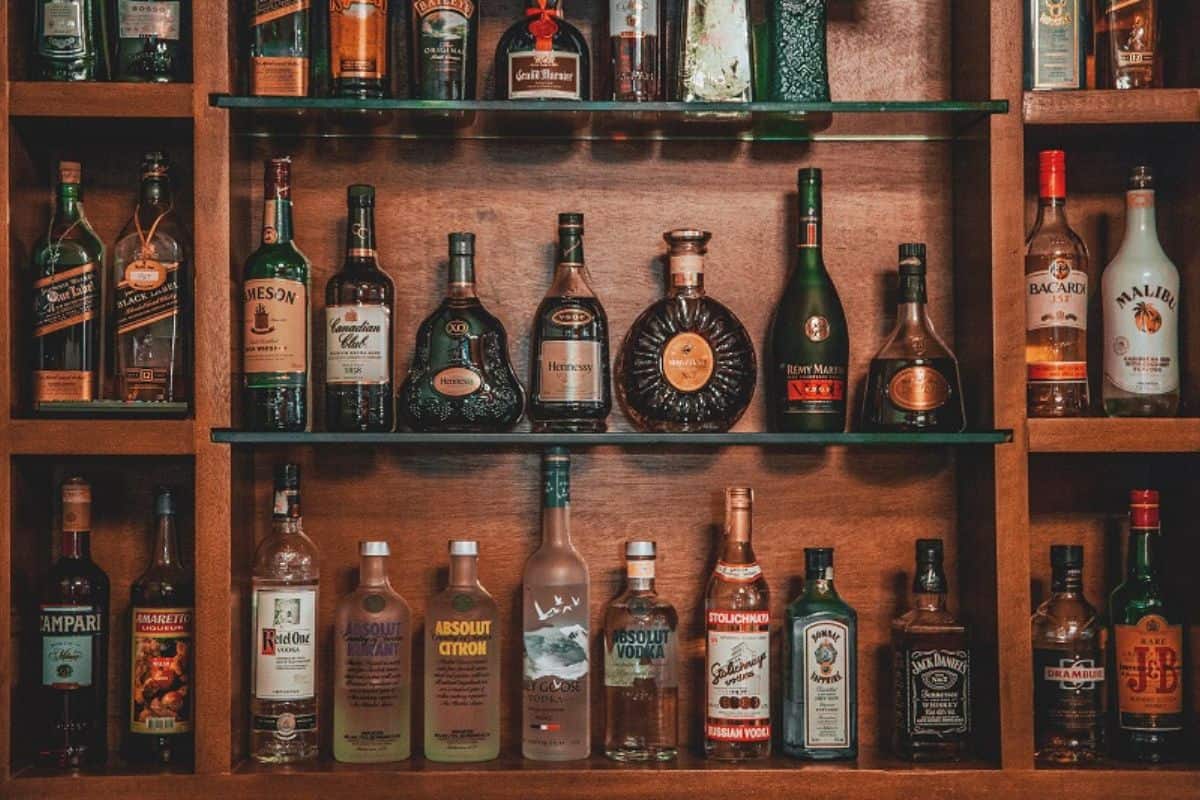
❓ Frequently Asked Questions
Any drink made with low histamine juice plus white rum, white tequila, or gluten-free vodka will be the lowest histamine option.
Yes. If your body's store of diamine oxidase, a histamine-clearing enzyme, have been depleted for any reason, you can experience very unpleasant symptoms upon drinking alcohol. These can include flushing, throat itchiness, and nausea.
Histamine doesn't directly raise histamine levels, but it can prevent the clearing of histamine by depleting the body's store of diamine oxidase.
Most typical alcoholic drinks are high in histamine. Any flavored liquors, mixers, and most juices are high in histamine.
If you enjoyed this post on low histamine alcohol options or you just have a question, please drop a comment below!

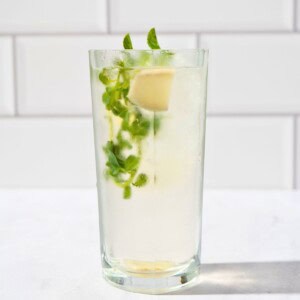
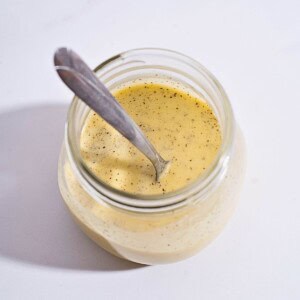
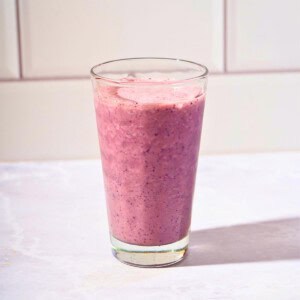
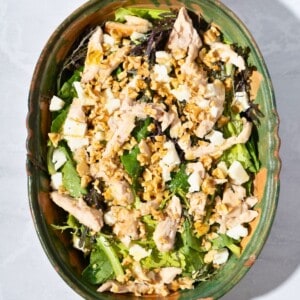
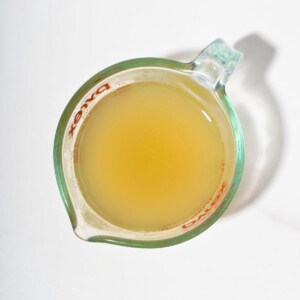
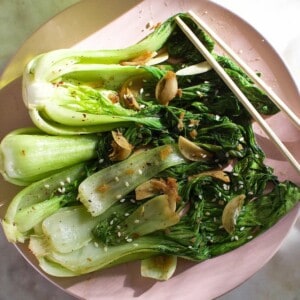


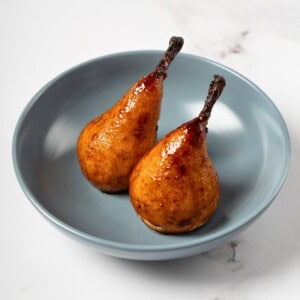
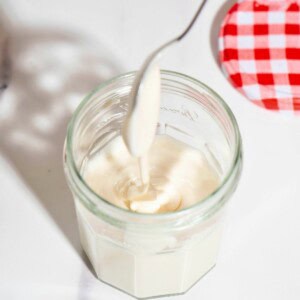


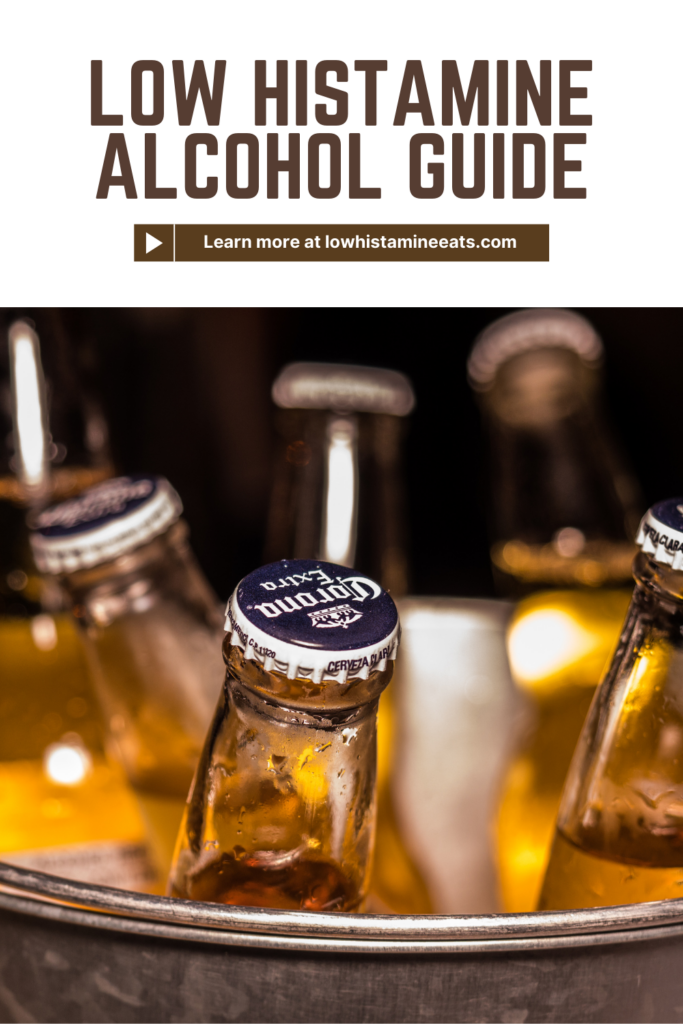
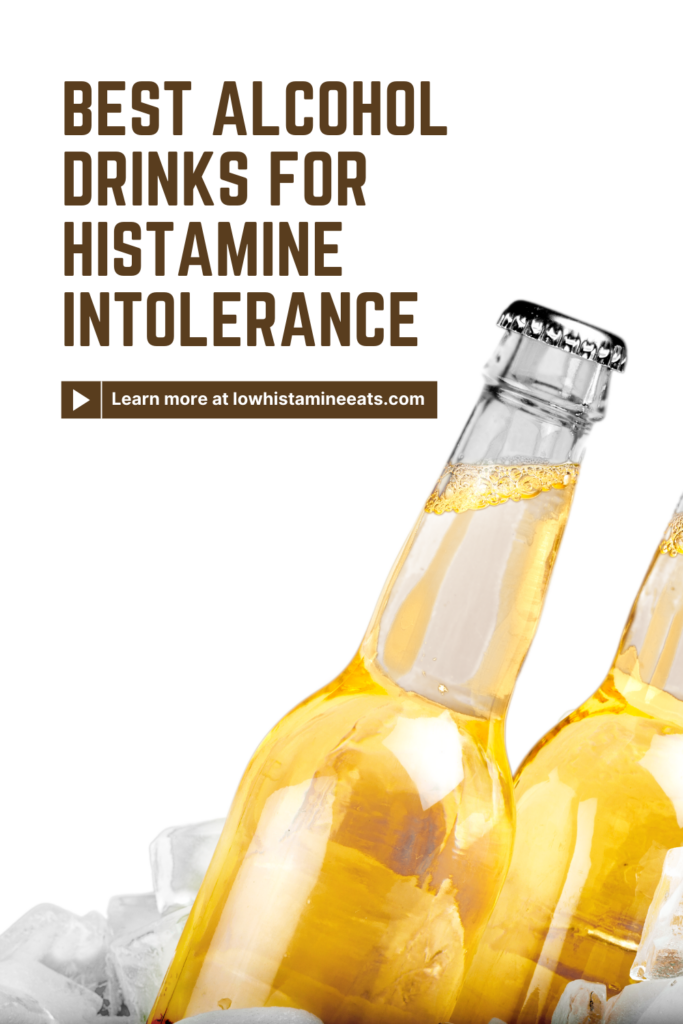
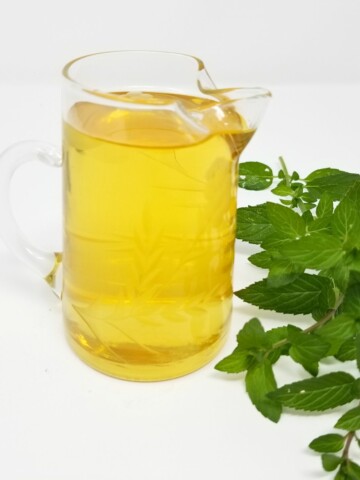
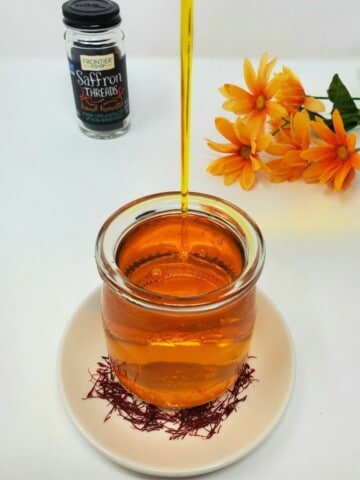
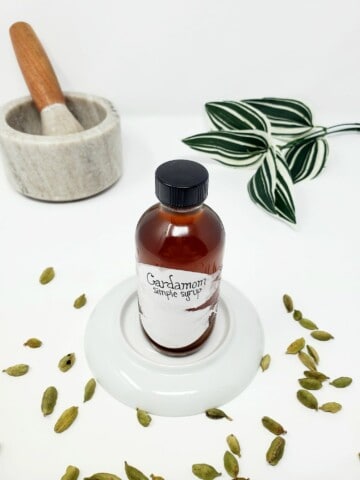

Lindsey says
What causes an increase in histamine when aging distilled spirits? There is nothing present to continue fermenting the spirit. We don't have microbes that can ferment at that proof. Is histamine coming from the wood barrels used for aging?
Max says
As I understand it, the general idea is that yes, further contact with the barrels may allow for further histamine buildup in the final liquor over the years of aging; though like with any individual fruit or vegetable or pre-packaged product, your mileage may vary and some aged products may only be as bothersome to you as a plain liquor. Any potential mold on or aroudn the barrels and even aromatic compounds which come into the spirits from the barrels may also be irritating to the stomach, furthering endogenous histamine release (within the body).
Ika Vitus says
Thanks a lot
Max says
My pleasure, Ika!
dag thomas says
I've heard that sour mash whiskey is (much?) lower in histamines than other whiskeys, and potato vodkas are lower that other vodkas. Have you ever seen studies about that?
Max says
No, unfortunately I haven't seen many studies into smaller-scale operations/more niche liquors, though if you have found any studies that have looked into it, I'd love to do some Sunday reading! I could see how it might be lower in some cases, but I'd say it'd be pretty damn hard to truly have a low histamine liquor.
Priscilla says
I needed this article today! With all the peer pressure in social gatherings, I'm constantly second guessing myself. Should I? I should not, but can I? It's hard to weigh all the consequences I'll either immediately feel or remember when I'm trying to drag myself around the next day. I built so many unhealthy habits before reaching my histamine breaking point, that to call this a lifestyle change is a huge understatement. I'm finding out I can't just down some shots to shove the stress and negative thinking under the bed or into a closet until I'm ready to deal with it. I'm struggling, but getting (slightly) better as I heal. Thank you for providing this content for people like me in the world. I hope for continued healing for you, and for all of us.
Max says
I can SO relate to this - the racing mind and analysis paralysis can feel more devastating than the more common/talked-about symptoms, like gastric distress or red, itchy skin. I'm sorry you're feeling this way, but glad that you're taking steps towards healthier habits that support what your body is telling you. For more in-the-moment anxiety, I found the book The Mood Cure by Julia Ross to be incredibly helpful.
This is not medical advice, but just my personal experience, but I've been using amino acid supplements (particularly glycine and tryptophan) and inositol powder with great success for managing imbalances in neurotransmitters (histamine is also a neurotransmitter, which is why it can even cause that racing mind you're referring to). They're safe and generally effective, though please talk to your doctor and get the go-ahead before adding naything new into your regimen. Sending big hugs, and thank you for the kind words!
Florence says
Hi would you happen to know which brands of champagne are lower in histamine?
Max says
No, I'm sorry I'm not sure about that!
Lindsey says
Champagne goes through a second fermentation process in the bottle and is likely a bad choice for histamine issues. I would look at other sparkling wine, whites and rosés, that do not say they are "made in the champagne style."
Rachel says
This is a useful start, Thanks.
Have you developed a list of drinks which can be reintroduced at 6 weeks and then 16 weeks?
Max says
My pleasure, Rachel! But no, since I'm not a doctor I don't feel comfortable even recommending alcohol to someone with an active histamine intolerance, as it's such a compounding substance. Though I do deeply understand the frustration that comes with not having parameters for how to proceed with this, especially when you just want to sit back & relax with a drink on a weekend. As I said earlier and cove rint he article, there are 3 different ways which alcohol can affect your system when you have histamine issues.
While I definitely recommend talking this through with your doctor first, you can take DAO before ingesting anything, consume a clear liquor, and make sure you already tolerate any other mixers in your drink, but you may still want to take benadryl beforehand and take it very slowly to see how you react. You know your body better than anyone else. This is what I personally have done in the past, but only after getting the 'ok' from my primary care physician.
Rupert says
Within the world of beers what is better in terms of histamine ? How does beer compare with white and red wine ?
Max says
Beer is going to be SO variable, not just in alcohol content, but in what bacteria the yeast were exposed to during fermentation, the added ingredients, and storage, which is why I lump them all together. I am definitely not an expert, but my guess would be that lighter beers (4% ABV or lower) would be less impactful, having been fermented for less time, and without any additional ingredients. But if you have histamine issues and you've tried any beers, please do let me know how it went for you!
Scott Lambert says
Does desperados have low histamine?
Max says
I googled that and assume you mean the beer brand, in which case, no. From my research, there are no low histamine beers, including Desperados brand.
Kristen says
Do wine wands work on beer?
Max says
I'm not actually sure, but if you ever try it, please let me know if it seems to make a difference!
LIN SKITT says
Hi
Is Ouzo high in Histamines
Max says
Yes